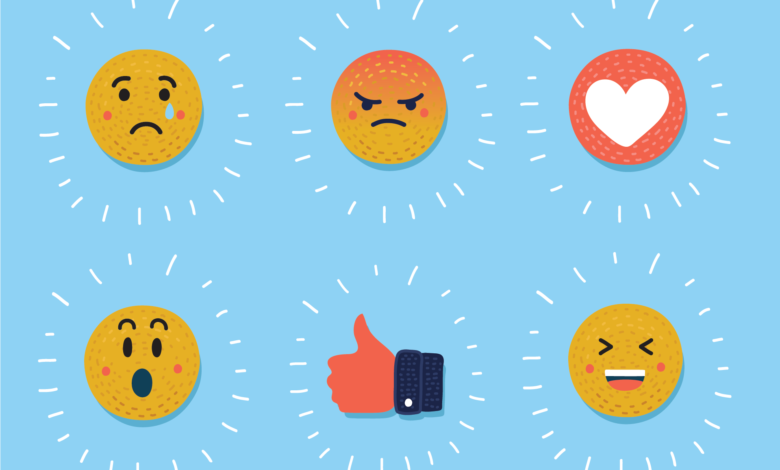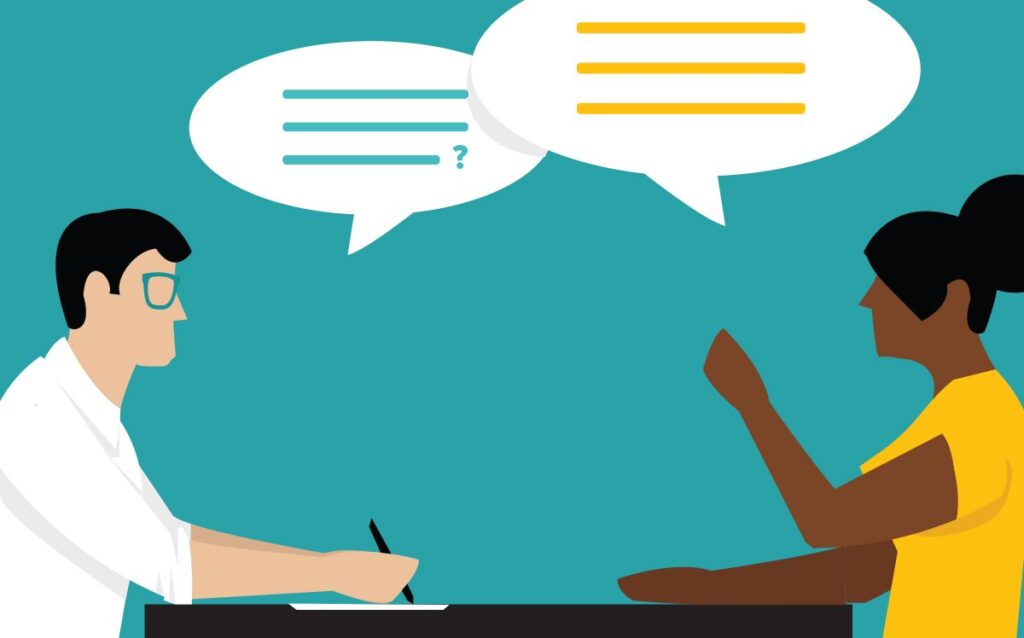3 Things To Know About Emotional Reactivity

Modern life in the 21st century comes with many challenges not all of us find it easy to deal with and especially overcome. Relationships with our loved ones, work, and school staff, as well as personal thoughts and feelings, tend to accumulate in our minds and bodies and stay in. Oftentimes we bury them deep inside since we do not have enough time or will to deal with them in a healthy way right away. This is of course a problem because dealing with your emotions the right way is what makes you an adult, and effectively a human being.
The real world is far dair than we would like it to be, however, and not everything is nearly as peachy and straightforward. Therefore, we must deal with emotional reactivity when we talk to people or otherwise interact with them. No matter who it is or what causes it, an emotional outburst that has no place being there happens and all we can do about it is regret it later. We do and say what we do not mean and it appears as if we are completely different human beings. Because of this, a modern person has to know a few things about emotional reactivity, especially how to deal with it.
In the article before you, you will learn all about it. Still, if you wish to further your understanding of this notion and find out, even more, we highly advise you to visit BetterHelp and check what they have to say. Onto the most important things, you have to know about emotional reactivity!
What is it?

Feeling stressed, hurt, angry, or even happy, we usually react impulsively and completely without thinking about the needs and emotions of others. We are preoccupied with our own emotions and we do not stop and think about the feelings of others around us. Overreacting is never the answer but it is so hard to deal with it in those seconds of overwhelming, a fight or flight situation where you do not even have time to process what has happened and yet you do something about it regardless.
YOur perception of reality and the current situation is altered and blurred, and you are practically unable to make good and calculated emotional decisions. The charge you are feeling literally prevents you from seeing things clearly and for what they really are. You just react and follow the flow of your initial, primal reaction to the circumstance. Worst of all, in such a situation, an average human being does not and cannot listen to anyone who is trying to calm them down and talk to them. The defense mechanisms that kicked in are driving the situation ever forward.
How to reduce it

There are several ways of reducing emotional reactivity and most of them have to do with a healthier approach and a change to your regular daily routines.
Active Listening

Learning to actively listen to your friends and family and pay attention to their problems and emotions helps greatly with dealing with your own thoughts, whether they are happy or sad. When a situation of emotional reactiveness occurs the next time after you have listened for a while to others, it will be much easier for you to pay attention to those looking to help you and focus on their positive words. Your own biases, emotions, and thoughts that are getting in the way will no longer pose such a threat to others and you will feel much better after. However, while listening to others, it is important not to shut down your own feelings but rather teach them how to process those of other people. You could also ask them questions and try to find out more about the issue at hand. Then, when you are experiencing an overwhelming flow of emotions, you will deal with the words and questions of others easily and rely on them.
- Recognizing the problem is the first step
If you often fall into states of emotional overreacting, the first step towards a solution is recognizing that something needs to change. More precisely, you should learn what it is that triggers such behavior in you and how it can be appropriated and changed. Self-discovery is the key here and reflecting on past events and the circumstances around them help a great deal. Next time around when a similar situation arises, you deal with it better than ever and have a better relationship with the ones looking to comfort you and who always wish you nothing but the best.
- Balancing the feelings
Feeling through the emotions and understanding them is the best way to deal with them no matter if they are happy or sad. Let in and be okay with what you are feeling, and never restrain them deep inside you. Once you have done this a few times in succession, you will notice that your emotional reactivity has lowered a few notches. Since there are no pilled emotions in you, you will not have outbursts that are impossible to control. In turn, you will experience an easier regulation and balance of positive and negative feelings since now you are dealing with them as soon as they happen. Mastering our minds and emotions is the best road to self-discovery and conquering the negative sides of feeling. No longer will you have to fear feeling a particular way or having to pretend and act how you actually feel.
Learn to relax

Relaxation techniques always help when emotions, stress, and anxiety are in question. From counting to 10, taking deep breaths, doing yoga and stretching, and even booking an occasional massage, there are many things you can do to help yourself. Taking a moment for yourself and enjoying things you like doing without thinking about daily struggles takes the pressures of life and relationships off and gives you peace of mind. You will benefit from feeling this way from time to time and recharge your emotional batteries. This will further help you to stay ready when or if another situation arises when it is difficult to stay calm and react with the right dose of appropriate emotion.



